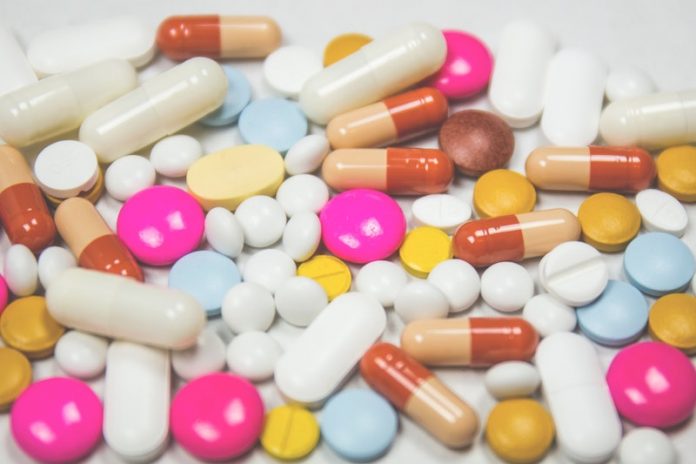
A recent study from UT Southwestern found that three drugs that are already approved by the Food and Drug Administration (FDA) or other international agencies can block the production of the COVID-19 virus in human cells.
These findings may help quickly find promising drugs against this often serious respiratory condition.
The study published on a preprint server known as ChemRxiv. The lead author is Hesham Sadek, M.D., Ph.D.
COVID-19, caused by the SARS-CoV-2 virus, has now infected more than 14 million people and killed more than 600,000 worldwide since it emerged in December 2019.
Scientists around the globe have focused their efforts on discovering new vaccines and therapeutics to prevent and treat this disease.
recent studies have suggested that the anti-viral drug remdesivir shows some promise at reducing disease severity in COVID-19 patients.
However, thus far, researchers have found no treatment or prophylaxis with clear evidence of clinical benefit across large populations.
Developing new pharmaceuticals could take months, even with rapid approval.
Thus, the researchers are testing drugs that are already approved by the FDA or other international agencies to see if they can attack this virus.
Recently, they had used computer modeling to screen thousands of FDA-approved drugs for their ability to fit into the binding pocket of SARS-CoV-2’s main protease, an enzyme that the virus uses to chop up long strands of viral proteins.
Many successful antiviral drugs, such as those that fight HIV and hepatitis C, are protease inhibitors.
In the study, the team again used computer modeling to perform a more targeted screen of approved drugs, focusing on their ability to bind either in the central part of the protease binding pocket or the terminal part of the binding pocket, and/or to covalently bind in these regions – a type of chemical interaction that results in irreversible blockage of the protein.
They identified several promising candidates:
atovaquone, a drug previously used to treat malaria that’s currently used to treat toxoplasmosis, babesiosis, and Pneumocystic pneumonia;
mebendazole, a drug that’s used to treat several different parasitic worm infections;
ouabain, a naturally occurring compound that was used as an arrow poison in Africa and is no longer approved in the U.S. but used in other parts of the world to treat heart failure; and
dronedarone, a drug used to maintain heart rhythms.
Within a matter of weeks, the team converted part of their laboratory space to a drug-screening facility equipped to safely handle SARS-CoV-2.
They found although dronedarone quickly showed toxic effects in these cells, the other three compounds effectively stemmed viral replication in doses similar or much lower than what’s currently used to clinically treat other diseases.
These effects held true when the drugs were tested in infected human cells, although mebendazole’s effects weren’t as potent in the human cell line.
Of these three, atovaquone is uniquely promising.
This drug is predicted to covalently attach to the protease binding pocket, does so at a dose lower than the therapeutic plasma concentrations currently used, has previously been reported to have anti-viral activity against other RNA viruses, and has a long and established history for treating another infectious disease that affects the lungs.
The team plans to continue studying this drug in animal models of COVID-19 to see if it can effectively fight this disease.
Copyright © 2020 Knowridge Science Report. All rights reserved.



